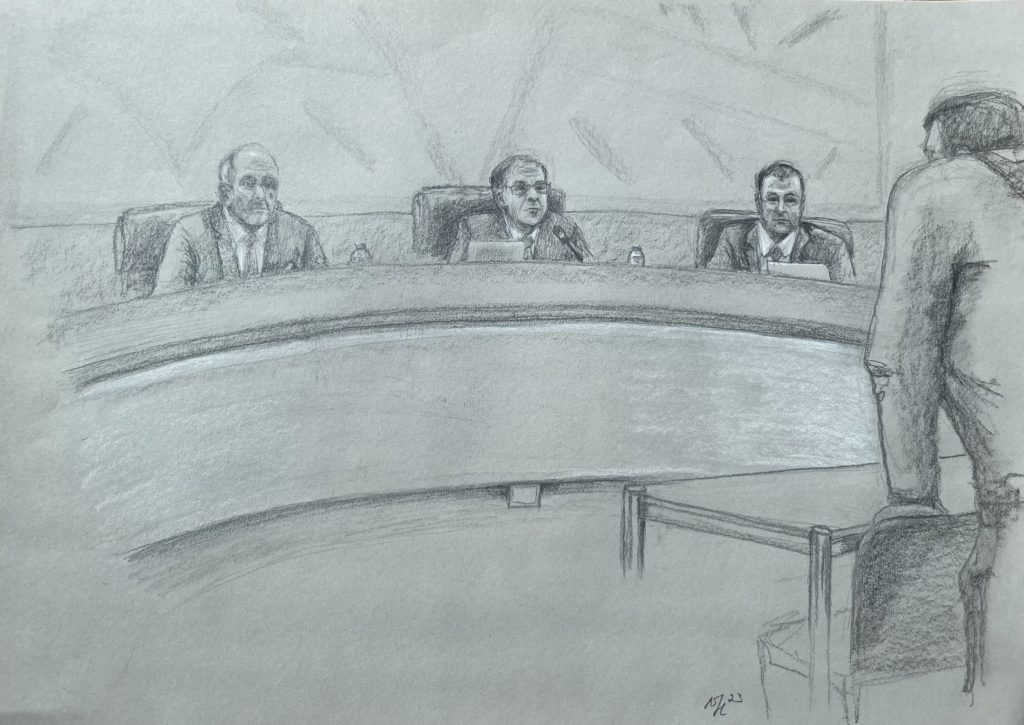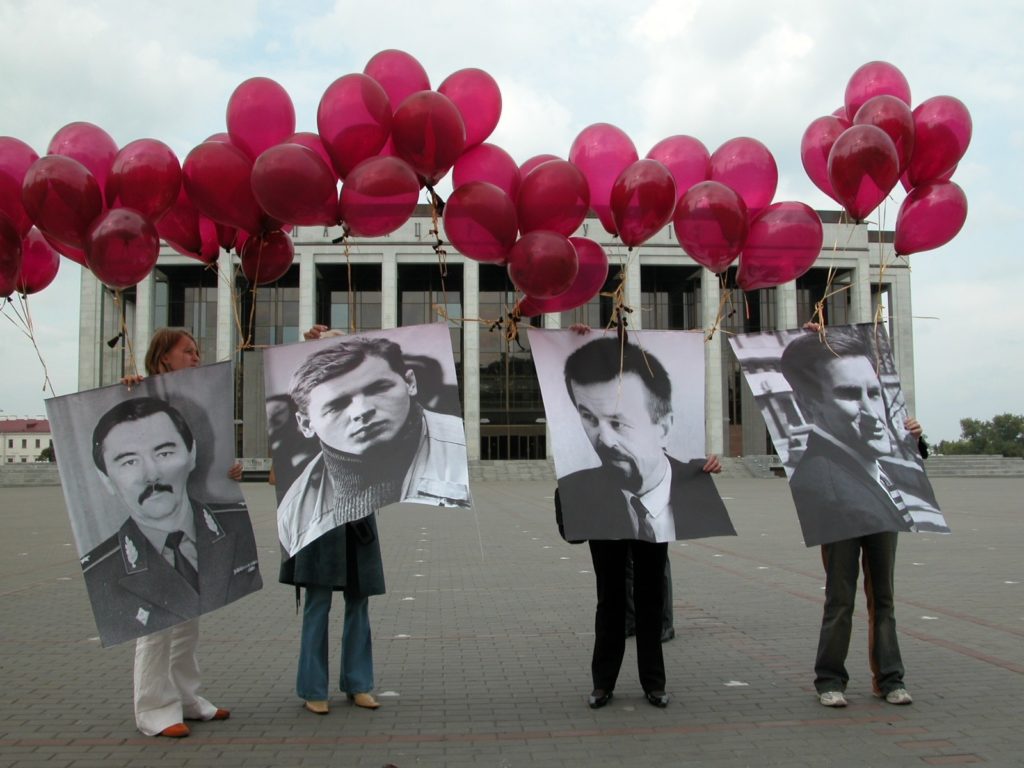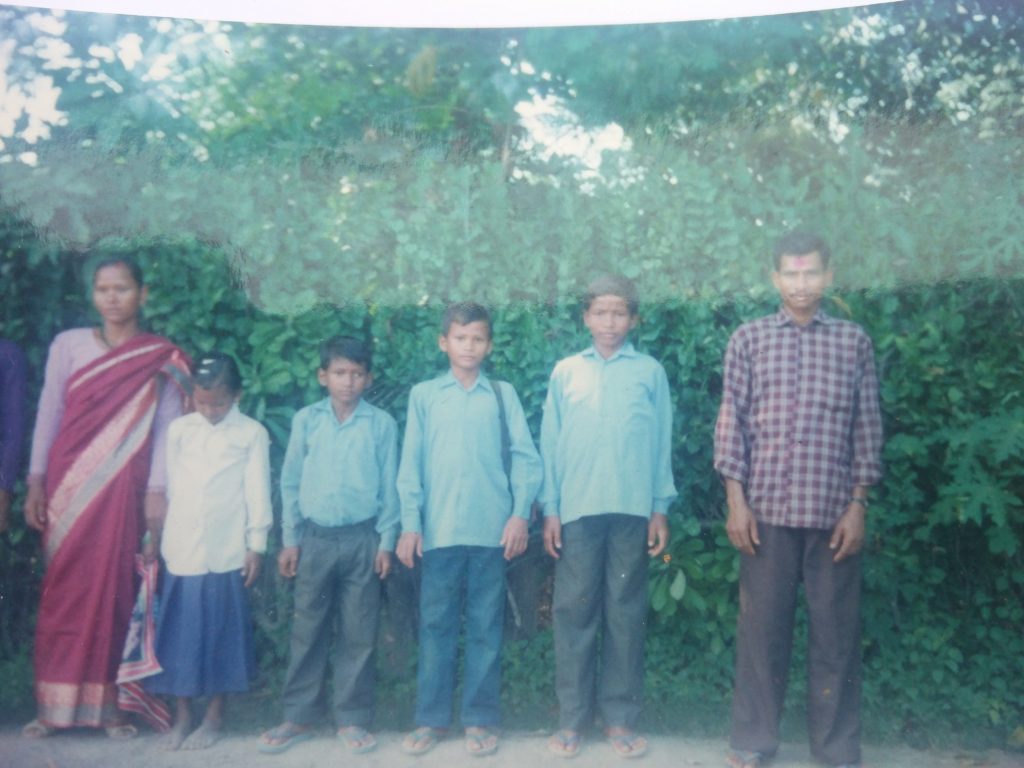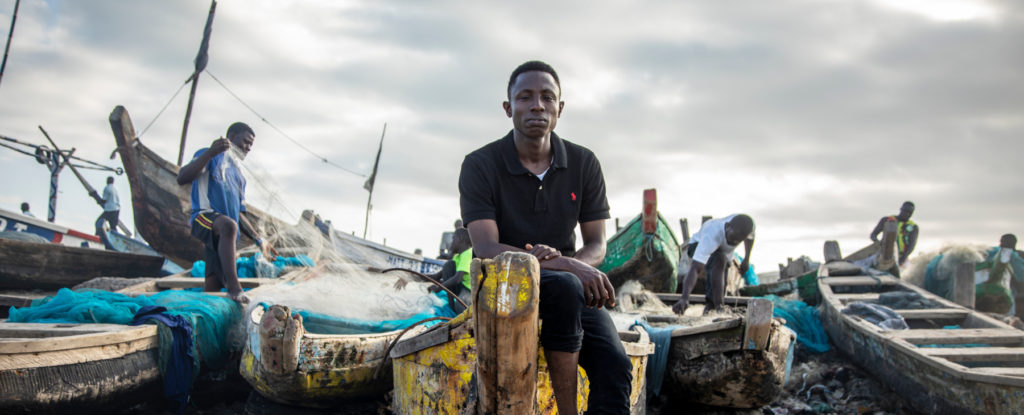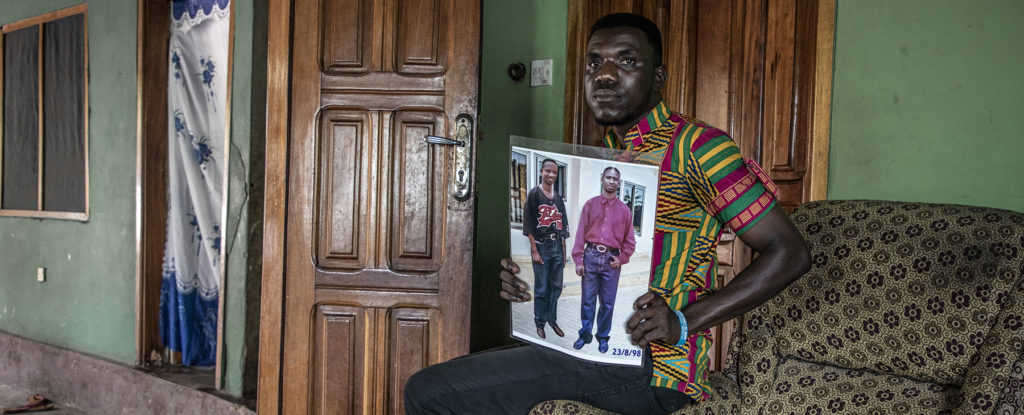NGOs denounce Spain for drawing a veil over Franco-era crimes
Today, human rights organizations TRIAL International and Women’s Link Worldwide bring the first case relating to the Franco regime before the United Nations. 44 years after the fall of the dictatorship, relatives and survivors are still awaiting justice: it’s high time for Spain to shed light on the crimes of its past.
In collaboration with the local association Memoria de Mallorca, TRIAL International and Women’s Link Worldwide filed a case on behalf of Francisca Alomar Jaume and Bartolomea María Riera Alomar, the daughter and grand-daughter respectively, of two victims of the Franco regime.
In August 1936, husband and wife Antonio Alomar Mas and Margalida Jaume Vandrel were forcibly disappeared in Manacor (Majorca). Although their fate was never confirmed by official sources, testimonies indicate that they were illegally detained and murdered by Franco’s military police (Guardia Civil). Margalida, who was seven months pregnant at the time, may also have been sexually assaulted in detention.
Decades of uncertainty for thousands of victims
Francisca, the youngest daughter of the couple, was eight years old when her parents were taken away. Now 90, she still doesn’t know what happened to them. Together with her niece, and with the support of two NGOs, she has decided to take her fight to the next level: the United Nations Human Rights Committee (HRC).
“The Spanish 1977 Amnesty Law prevents the investigation of crimes committed during the Civil War. The budget for the search of the disappeared is also widely insufficient”, explains Teresa Fernández Paredes, Managing Attorney at Women’s Link Worldwide. “As a result, victims like Francisca can only revert to supranational mechanisms to seek truth and justice.”
By bringing the case before the HRC, the NGOs wish to incite the Spanish authorities to finally shed light on past crimes. In accordance with the International Covenant on Civil and Political Rights, to which Spain is party, this includes organizing the comprehensive search of its disappeared citizens, punishing the perpetrators of mass human rights violations and effectively redressing victims.
Enforced disappearance: a gender-based crime
Enforced disappearances of Republicans (or individual perceived to be) was a systematic practice during the Spanish Civil War and under Franco’s dictatorship. Women were particularly at risk of such violence, either to stifle their own activism, or in retaliation for their relatives’ political opinions. Women perceived to violate the traditional female model upheld by Catholic nationalism were also at risk of reprisals, usually consisting of sexual violence.
Case update




